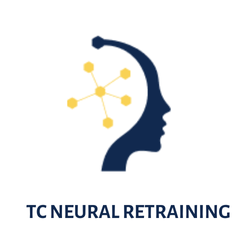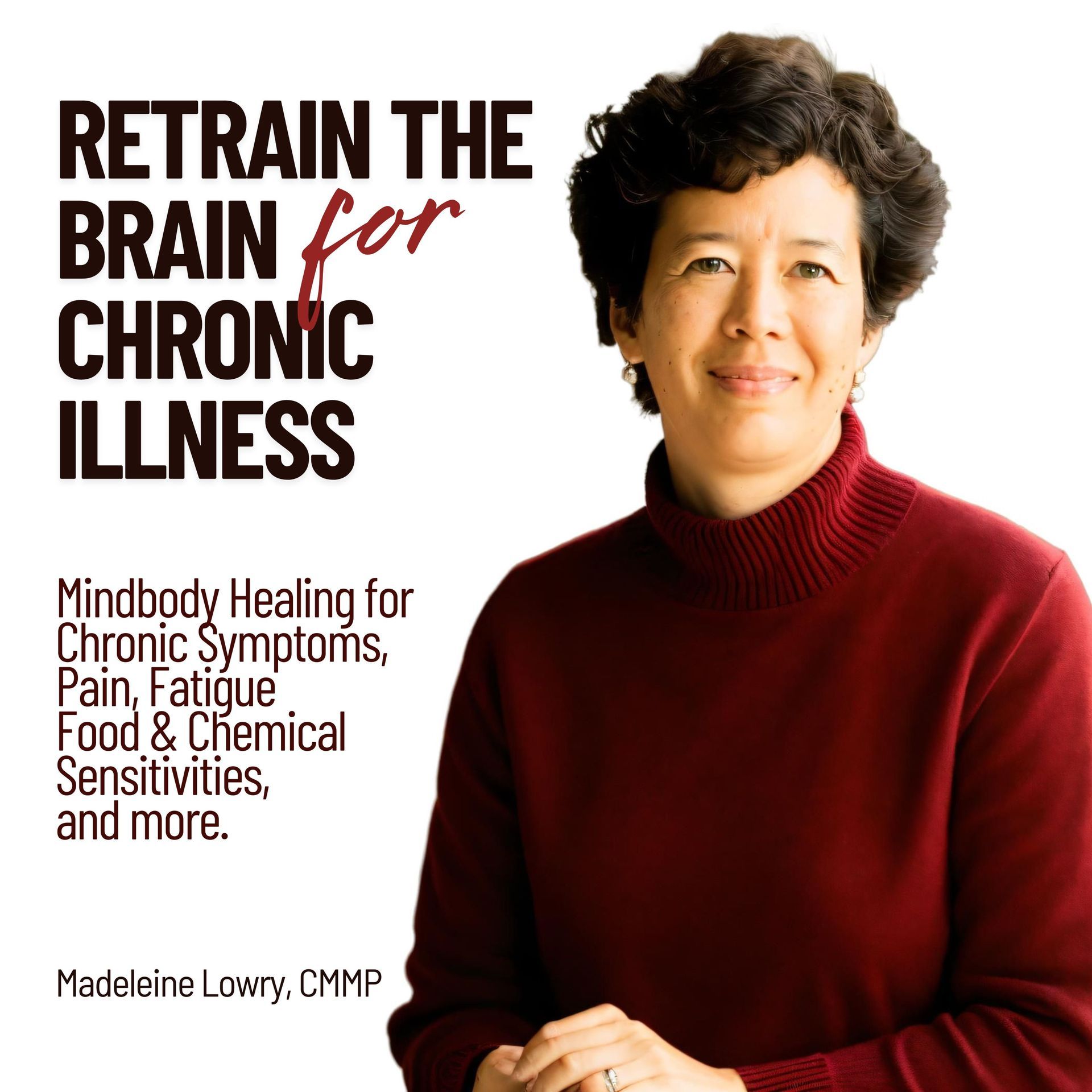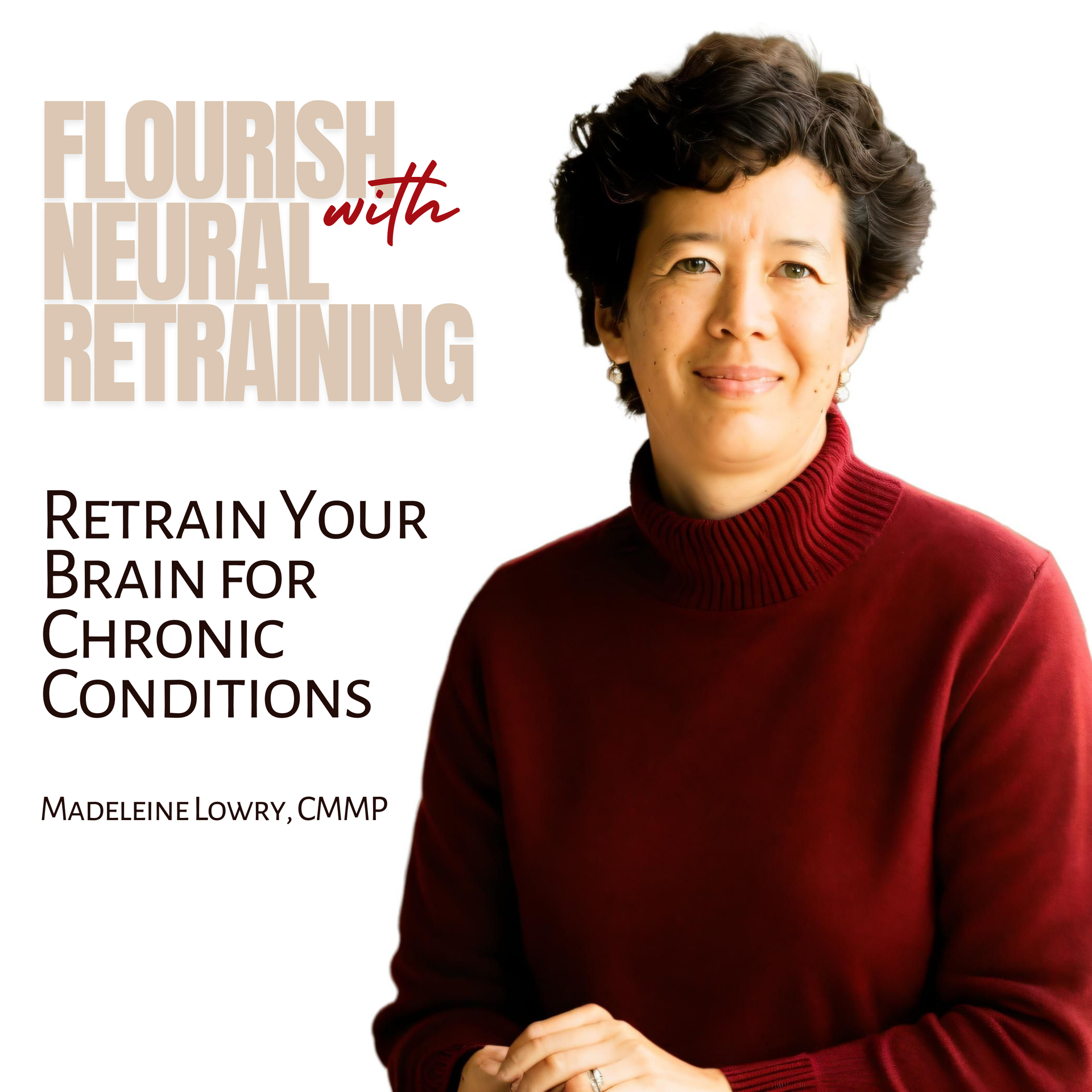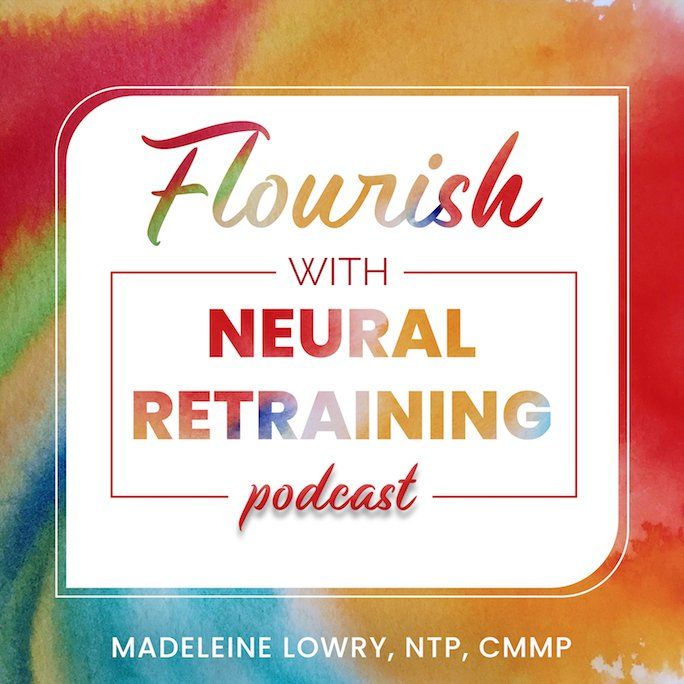Why Mindfulness is Essential for Optimal Health
How you can promote healing by strengthening mental awareness.
Video transcript
Hi, Madeleine Lowry, certified MAP Method practitioner. I wanted to talk about why mindfulness is essential for optimal health.
So, let's just talk a little bit about mindfulness and what it is. Mindfulness, as I see it, is the cultivation of awareness of mental focus.
Some people cultivate mindfulness through meditation practices, that's probably the most common that we hear about. But there can be other activities that also help us to cultivate that kind of mental focus.
When we engage in mindfulness activities or practices what we are trying to do, our goal, is to strengthen that muscle, if you can think of it that way, the brain muscle of awareness.
We're trying to increase the strength of our focus and concentration, so that in daily life we are more aware of what our mind is up to, and we are more able to recognize patterns that are sub-optimal, and stop them more quickly.
We're able to nip them in the bud so that, thoughts that come up in the mind during the day won't run away with us. We will be be able to observe them arising and catch them more quickly so that we can turn our mind over to things that are more productive, more supportive.
In my last video you heard me talk about why worrying perpetuates chronic illness, so these two videos go together. In this video I'm trying to explain why mindfulness practices are key.
If you are that person that has a very unsettled mind that quickly goes to catastrophizing or worrying or ruminating, over things like social interactions that have happened that now you're playing and replaying in your mind, those kinds of activities undermine our health and so limiting those kinds of mental activities is an important part of healing.
So, try this if you want a very simple mindfulness practice: for five to ten minutes at a time, maybe once or twice a day. Just get into a comfortable position. Close your eyes. For some people closing their eyes is really good, it helps them settle, helps them focus. For other people maybe that doesn't work for you. In that case I would say light a candle and watch the flame.
Either way, focus on the breath. If that's not good for you, focus on sound: you know ambient sound--whatever you can hear. And just relax. I like focusing on the breath because it's simple, it's always there, and there's a regular rhythm to it.
As you focus on the breath, I want you to focus on making the breaths slow and deep and gentle and then just be open to what is coming up in your mind. Just be observant.
That's all there is to this practice, really. Noticing what comes into the mind, like thoughts that show up. I want you to observe them like they're clouds passing by in the sky, and as they pass by just notice what your mind is doing.
Oh, I'm reviewing yesterday. I'm trying to fix something about some interaction that didn't go the way I wanted it to. Or I'm worrying about the future. Or I'm planning or I'm imagining.
Notice what the mind is doing and just label it silently in your mind, so that you develop that practice of seeing, recognizing what is going on in your mind. And then pull your attention back to your breath or whatever it is you were focusing on.
That is the entire practice. And by working on this just a few minutes at a time, a couple times a day, you will start to observe that in your daily life you are able to use these skills.
Oh, there my mind goes. Oh, I'm worrying again. Oh, I'm trying to prove something to someone again. Or, I'm planning for something that I have already planned for. And I don't need to do that. I don't need to repeat that mental activity.
Then you will be able to more easily refocus your mind to something much more productive which may be just not thinking about that anymore. Or it may be distracting it, or it may be focusing on something like gratitude.
As a mental practice, that's much more supportive of optimal health. So, try that and observe what you notice in terms of your ability to cultivate a more settled, more peaceful mental state in your daily life.
The benefits are really worth it, so I hope you give it a try.
Thanks for listening.
Learn More
- See the related video: Why Worry Perpetuates Chronic Illness
- Learn more about basic versus advanced methods of neural retraining.
- Learn more about the MAP Method.
- Listen to client stories about the MAP Method on our podcast.
- Check out our free courses on the MAP Method.
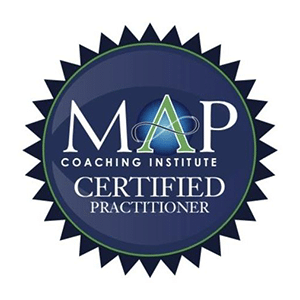

Madeleine Lowry, NTP, CMMP
Certfied MAP Method Practitioner
Madeleine specializes in neural retraining for chronic conditions. As a Nutritional Therapy Practitioner, she worked with many clients who were interested in eliminating allergies, sensitivities and intolerances. After learning a basic method and seeing its limitations, she trained in an advanced method of retraining the brain and now offers MAP sessions over Zoom and online self-paced programs for Anxiety/Depression, Sensitivities, Chronic Pain, Self-Healing, and COVID Long.
Related Posts

